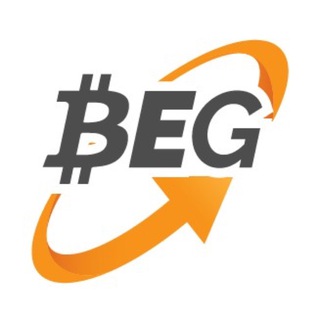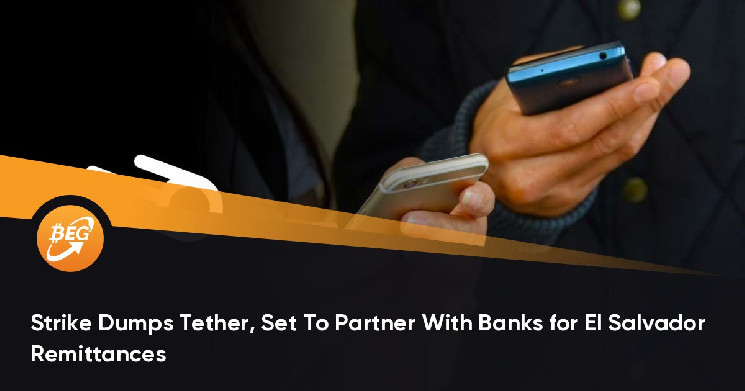- Lightning network solution provider Strike is making big moves for remittances in El Salvador.
- The startup would no longer use Tether’s USDT stablecoin as a US dollar substitute on its network.
- The Chief Executive Officer of Strike, Jack Mallers announced this on the “What Bitcoin Did” podcast.
Mallers Says He No Longer Needs USDT
Mallers revealed that his firm would be integrating with the top five banks and two biggest cashpoint distributors in El Salvador. He said the cashpoint stores would enable people to exchange cash for balances on a mobile app like Strike and vice versa. The integrations would remove the need for USDT because Strike would be able to hold customers’ balances at the banks. It would also give them more places to cash out those balances for fiat currencies. USDT was included in Strike’s beta pilot released in January after Mallers learned that keeping dollars on users’ behalf would be illegal. Hence USDT, the largest stablecoin, had to serve as a surrogate for dollar remittances sent to El Salvador through the Strike platform. Mallers said,
“We built Tether into Strike which was the equivalent of the Chase bank account in America and at least gave us some MVP basic functionality.”
The plan was for Strike to debit the bank account of a sender, convert it to Bitcoin, and forward it to the company’s Central American infrastructure; and then convert it to USDT which will then be credited to the recipient’s account. In the recent podcast, Mallers said he only included USDT due to the limited options he had initially. This change by Mallers comes less than a month after he introduced El Salvador President Nayib Bukele to the Bitcoin community at a Miami conference. Bukele had then announced the partnership with Strike to build a financial infrastructure using Bitcoin. This was before the country made international headlines for becoming the first to make Bitcoin a legal tender.
Concerns Surrounding Tether’s Backing
Mallers’ recent removal of Tether from his network may come as a relief to those concerned about USDT’s backing. For a long time, Tether has been the subject of controversy about whether its stablecoin is fully backed with dollar reserves. Last month, Tether revealed the breakdown of its reserves for the first time. Tether stated that the bulk of Tether’s reserves are in cash, equivalents, or other short-term deposits, with the remainder in secured loans, corporate bonds, and other investments. The breakdown of funds comes as part of a settlement with the New York State Attorney General (NYAG) which probed into its finances in February.
 bitcoinexchangeguide.com
bitcoinexchangeguide.com
